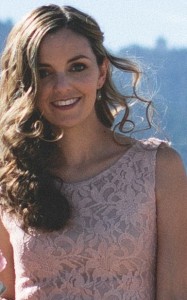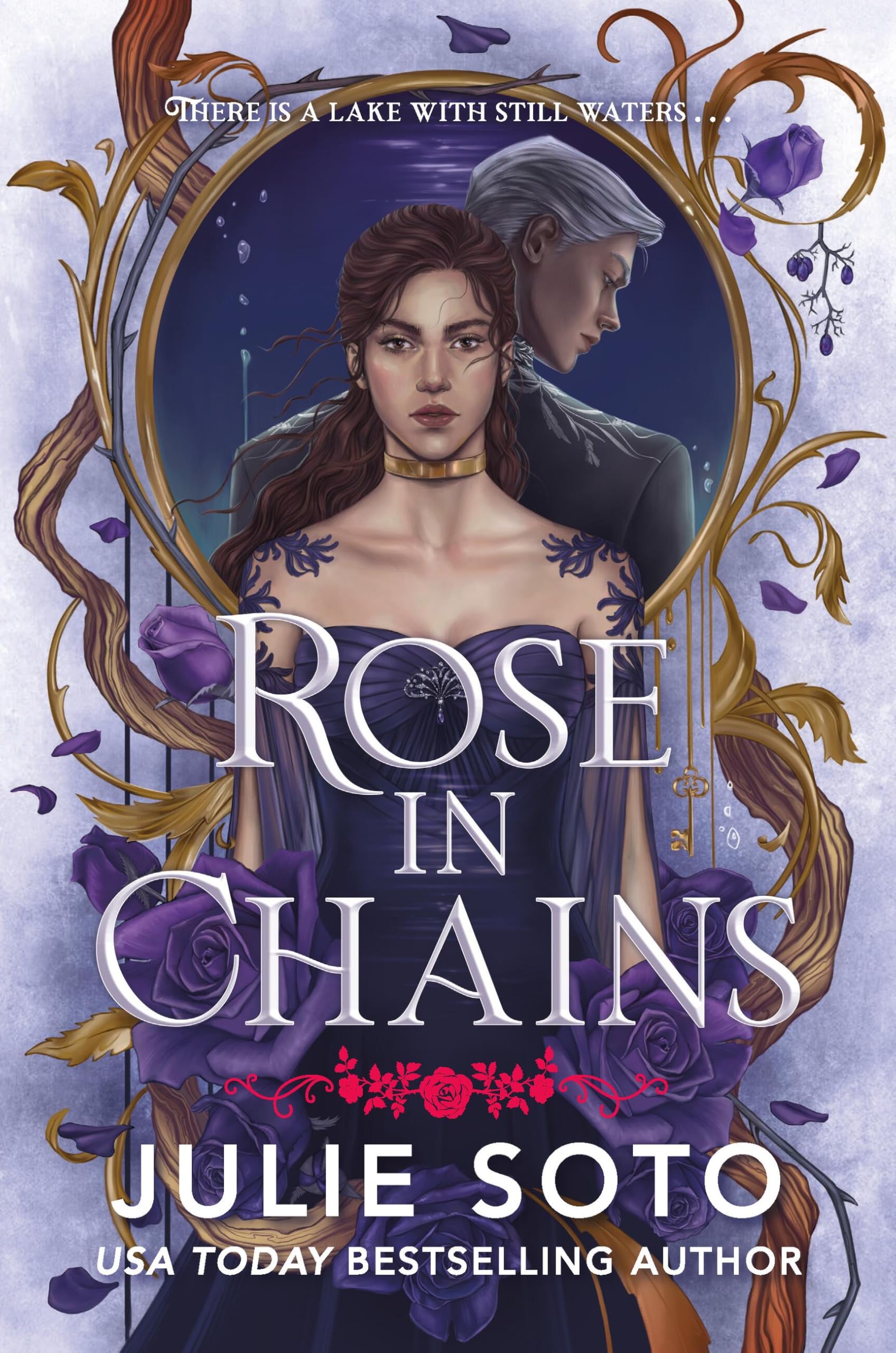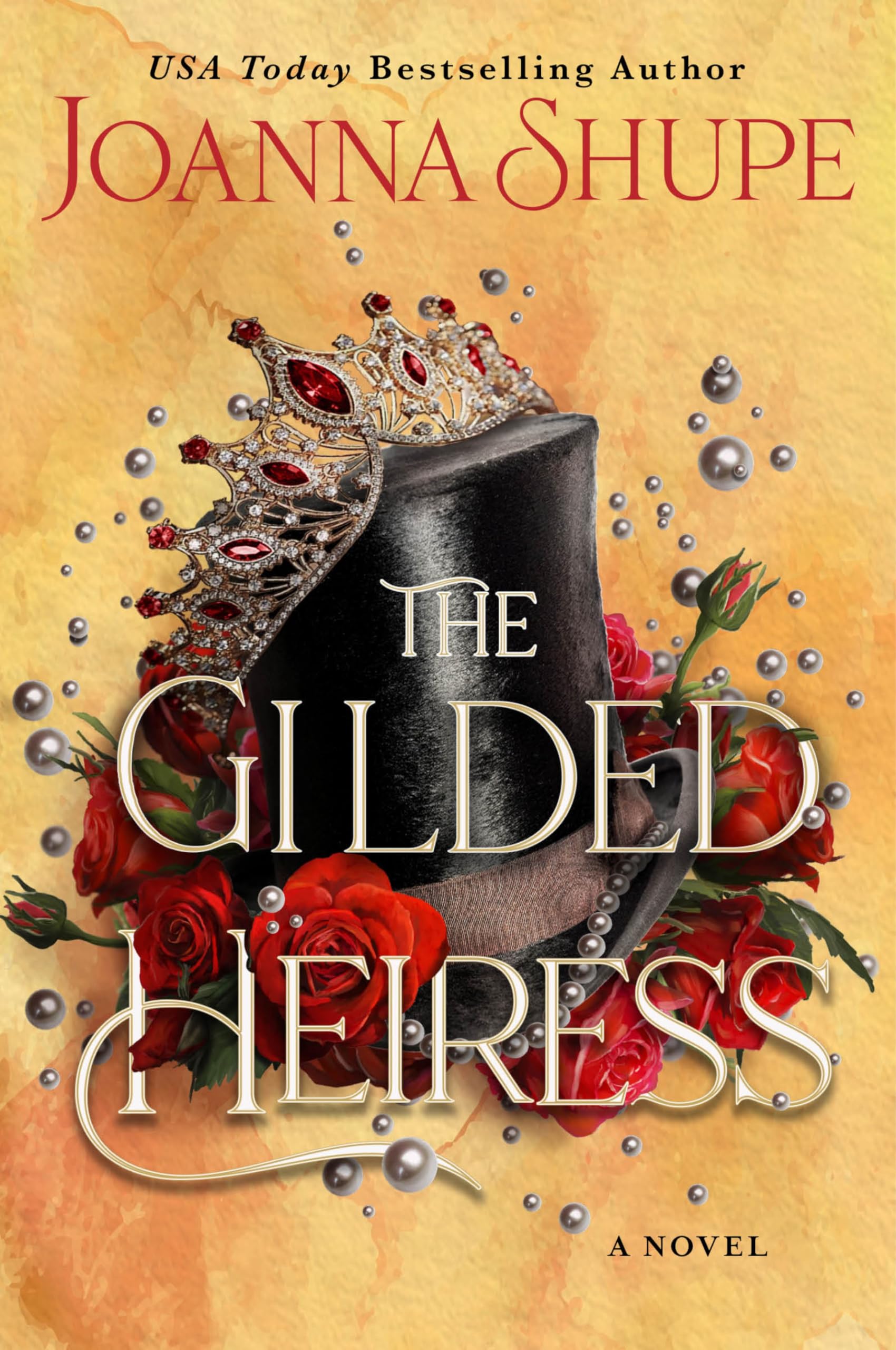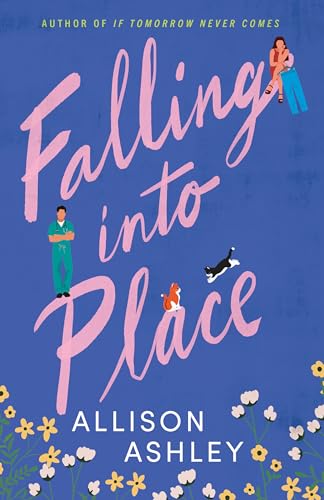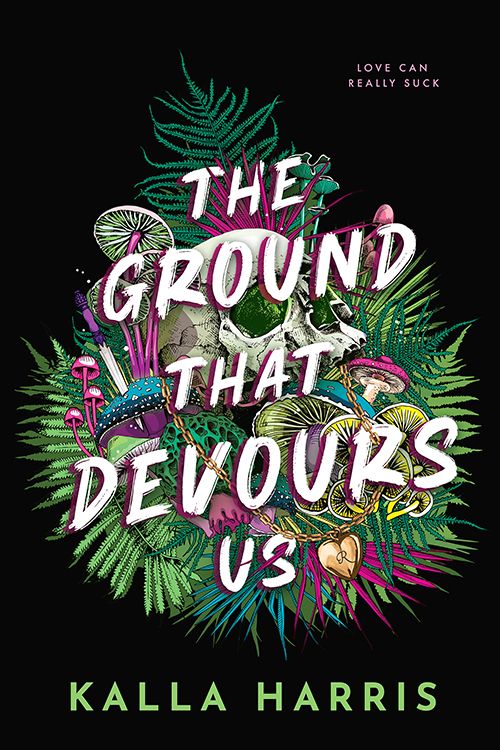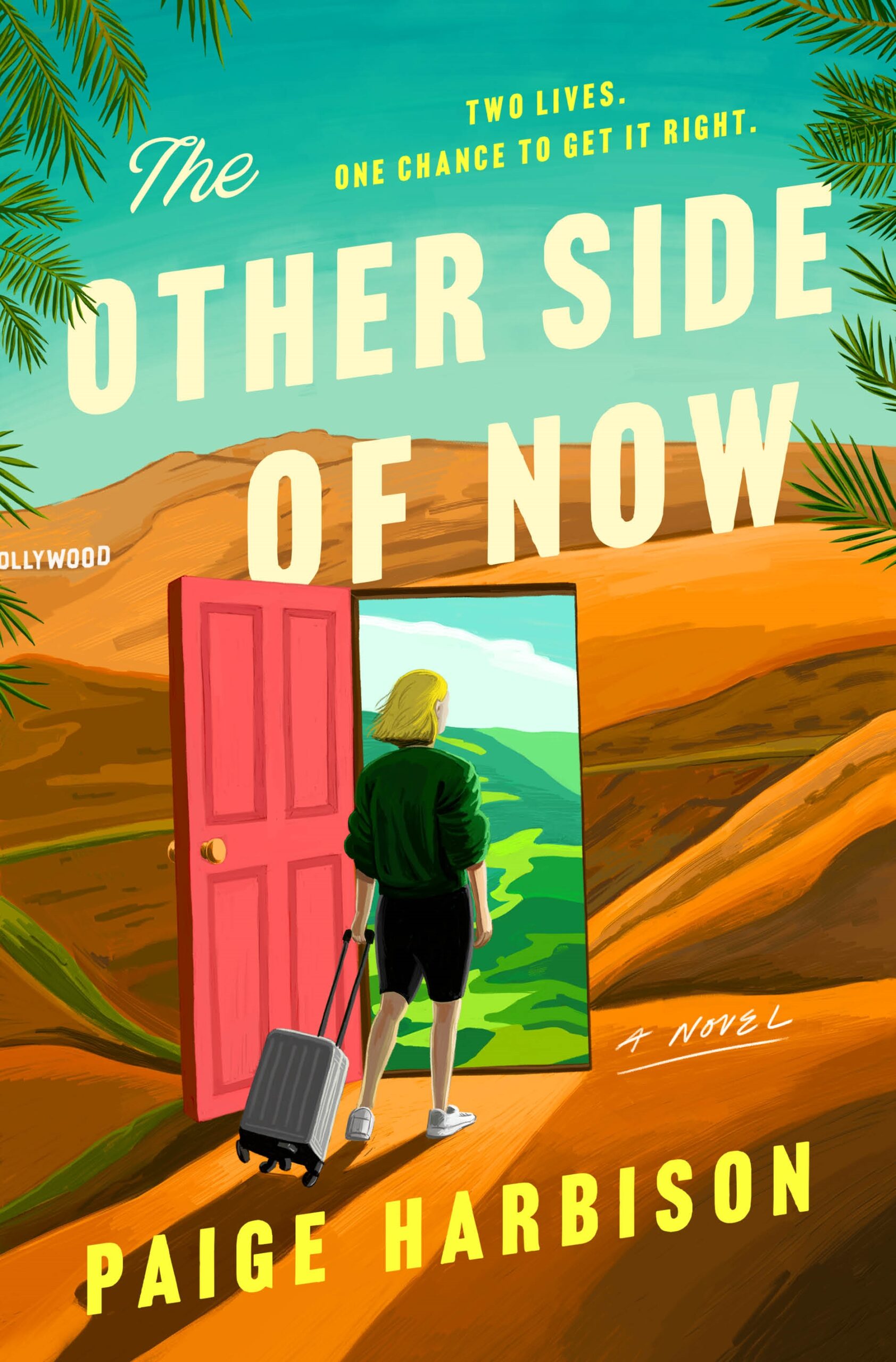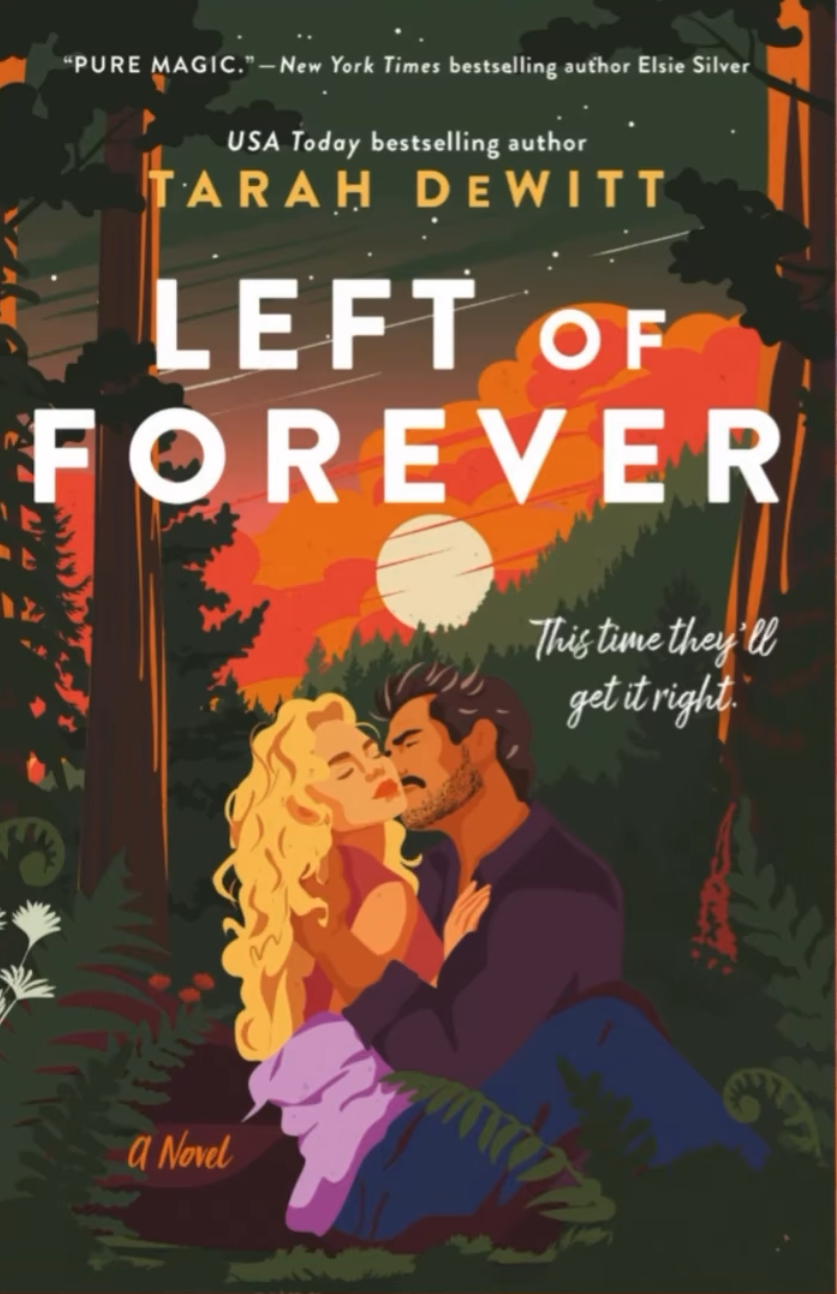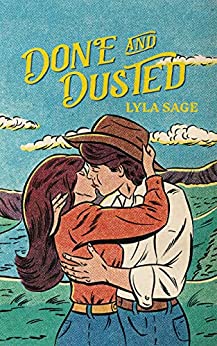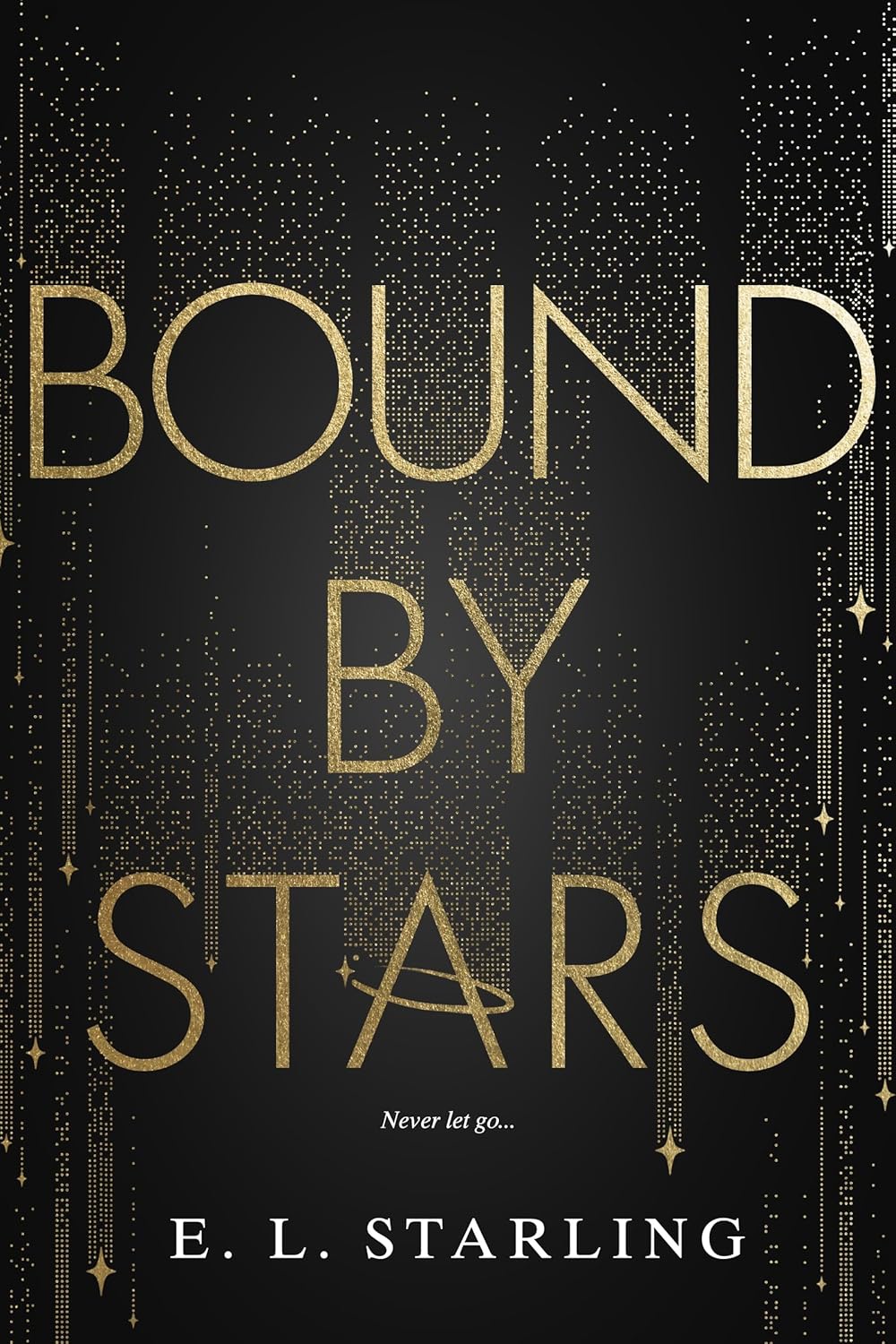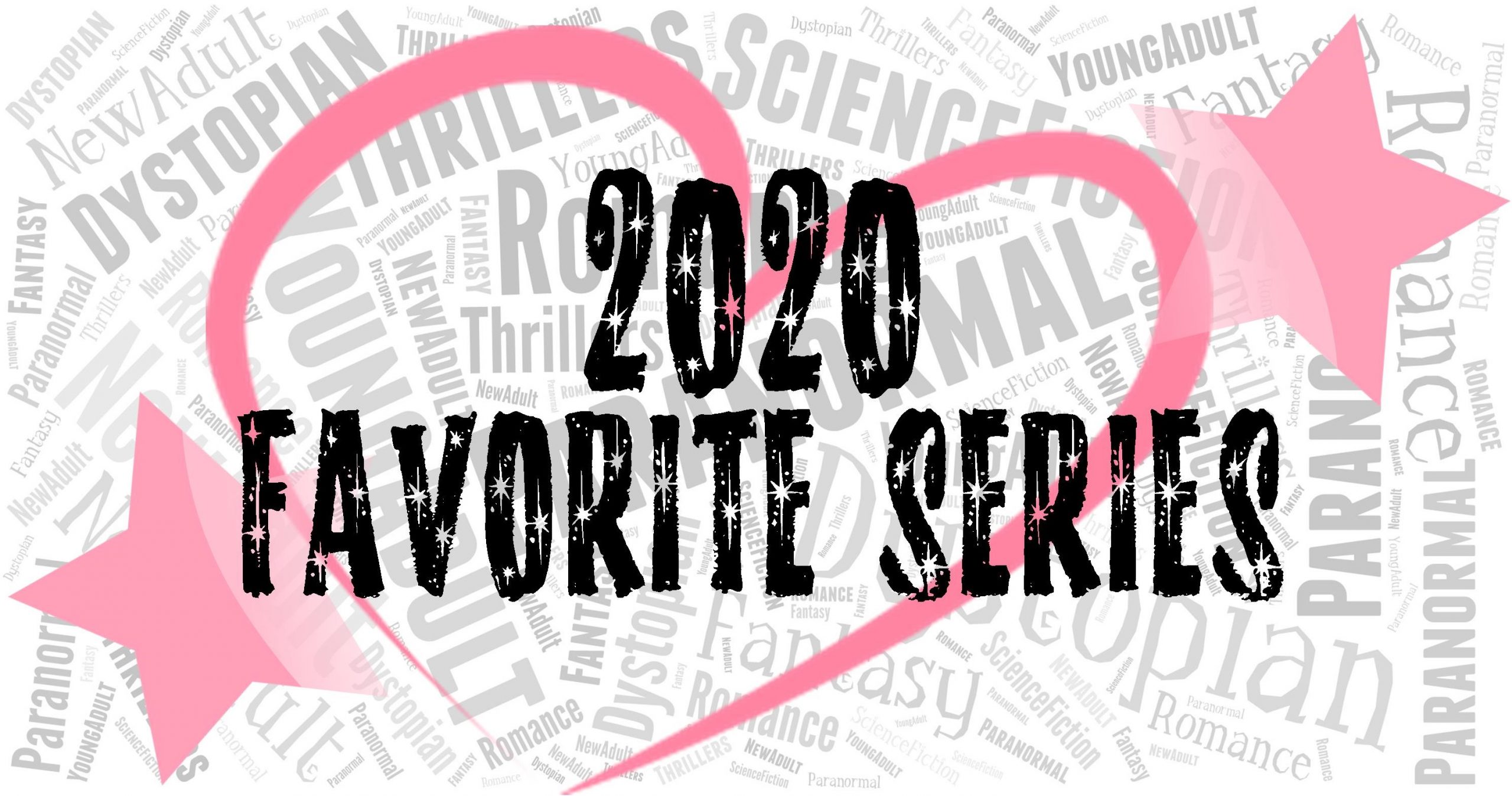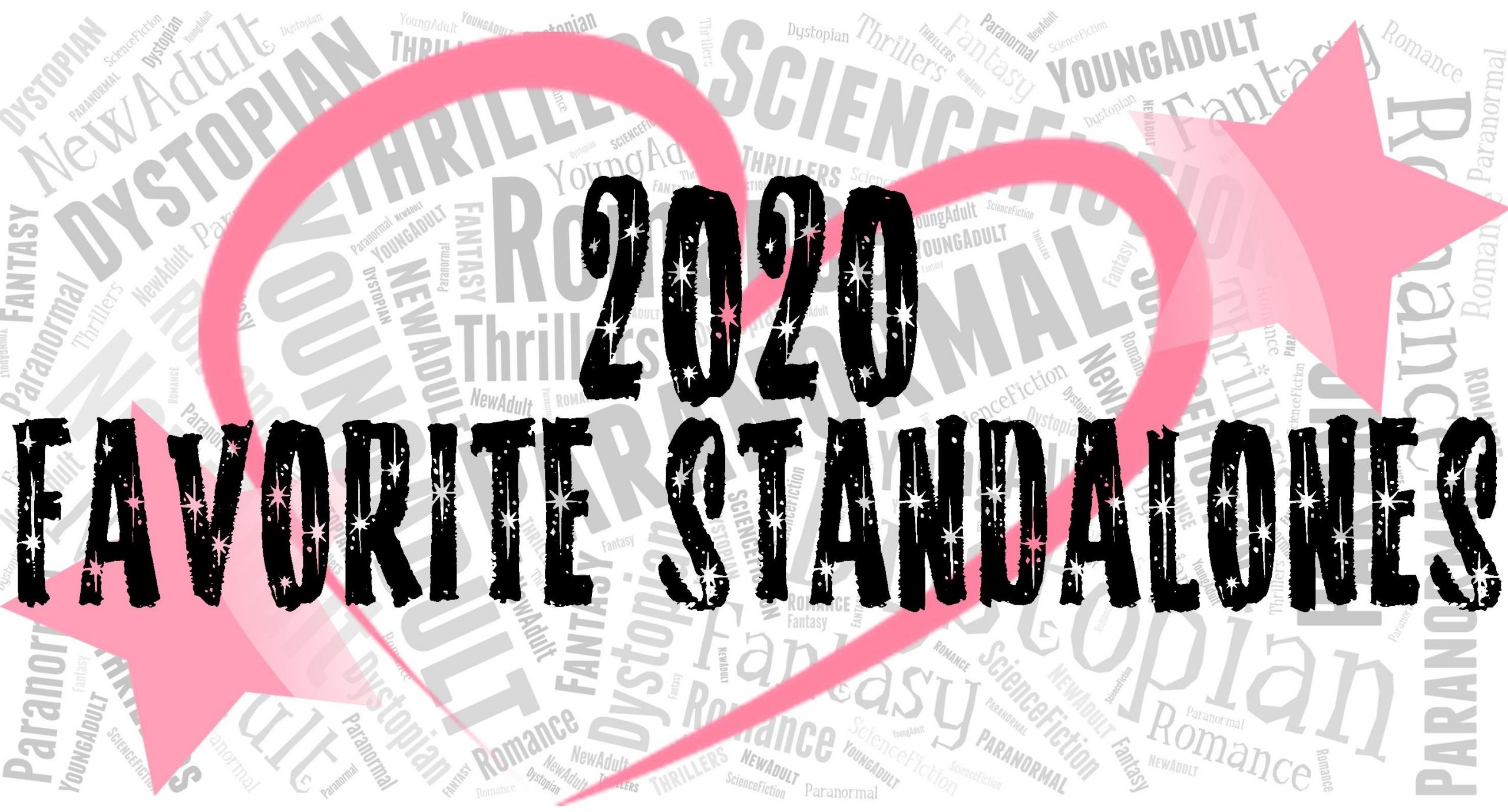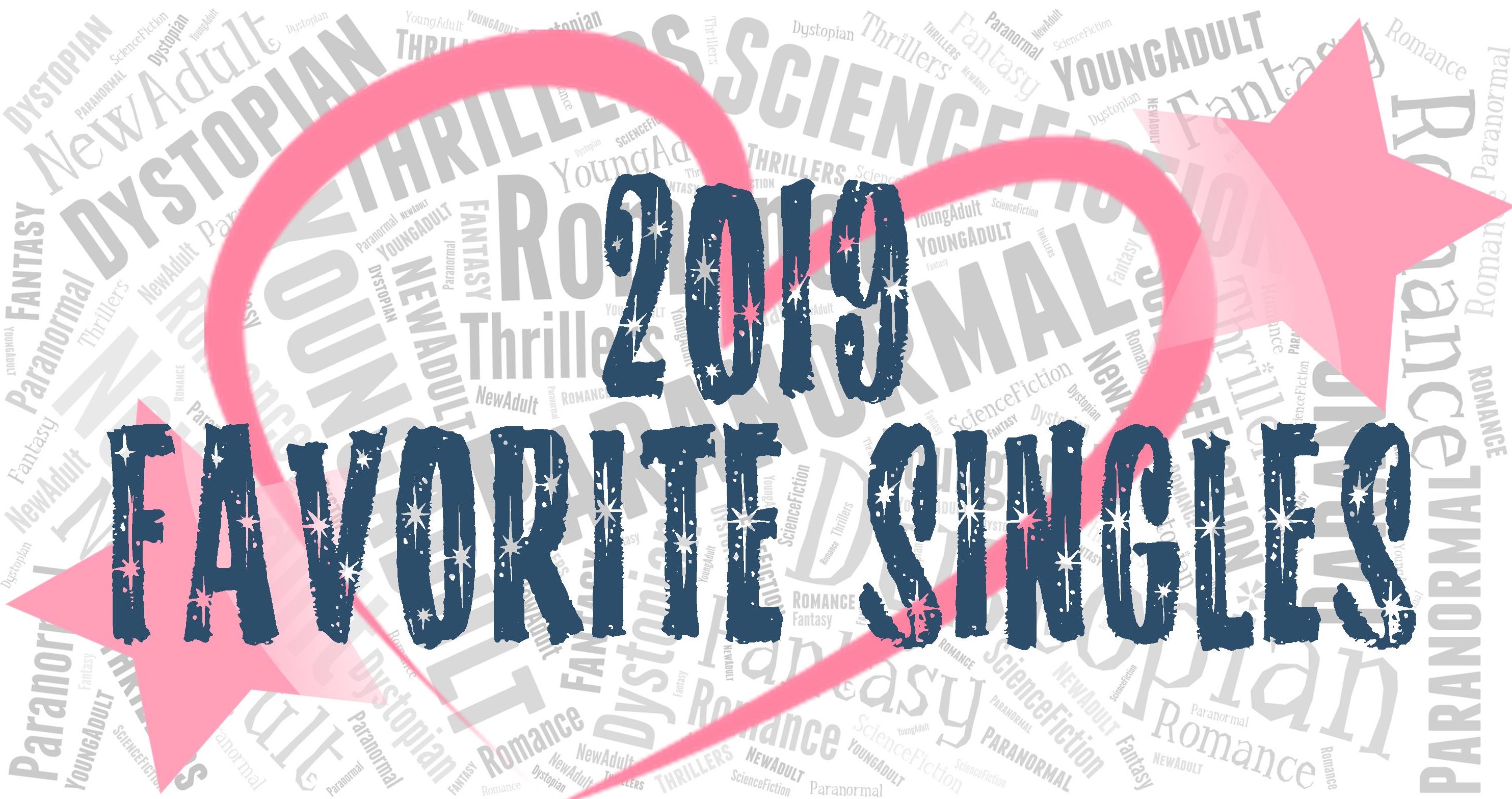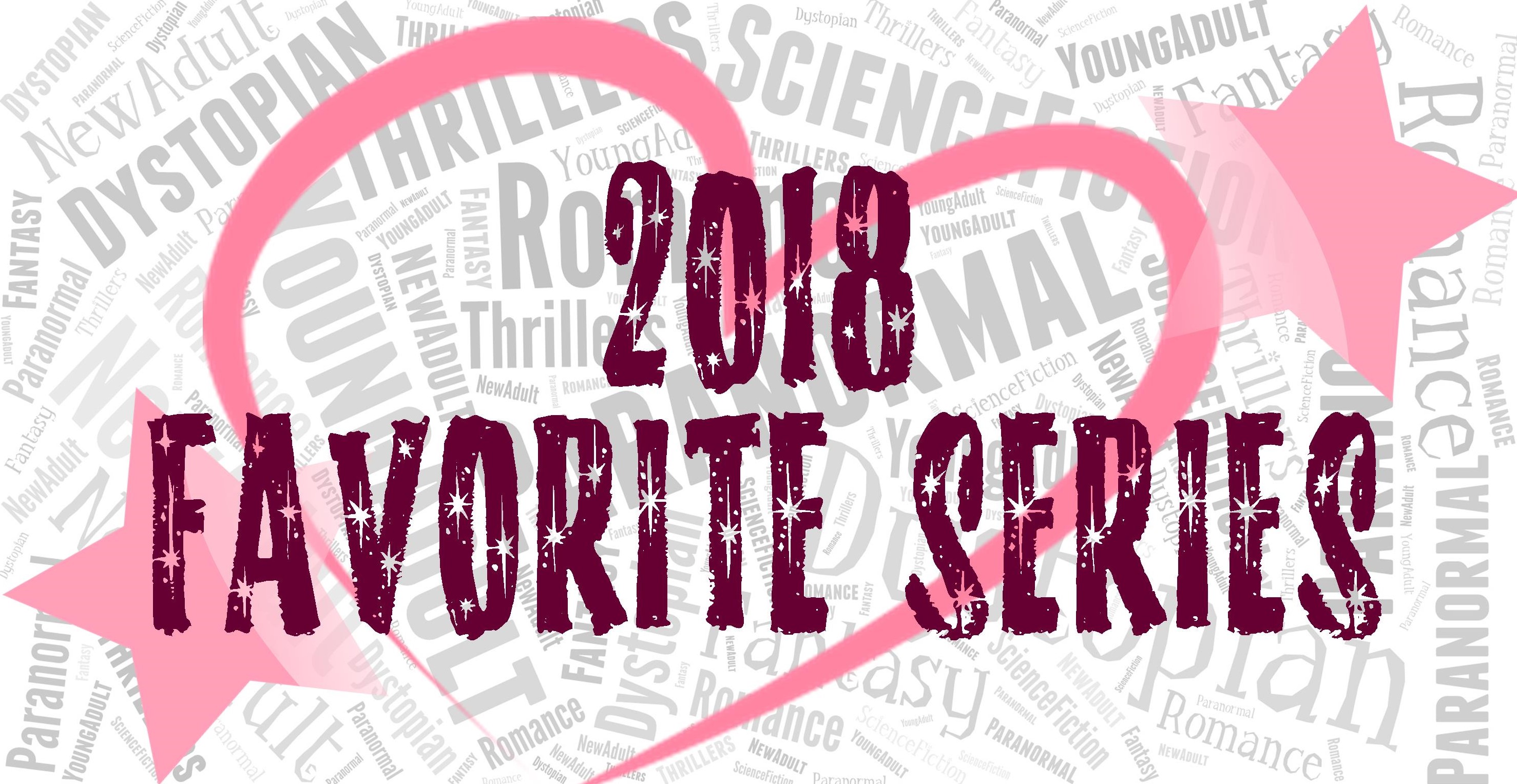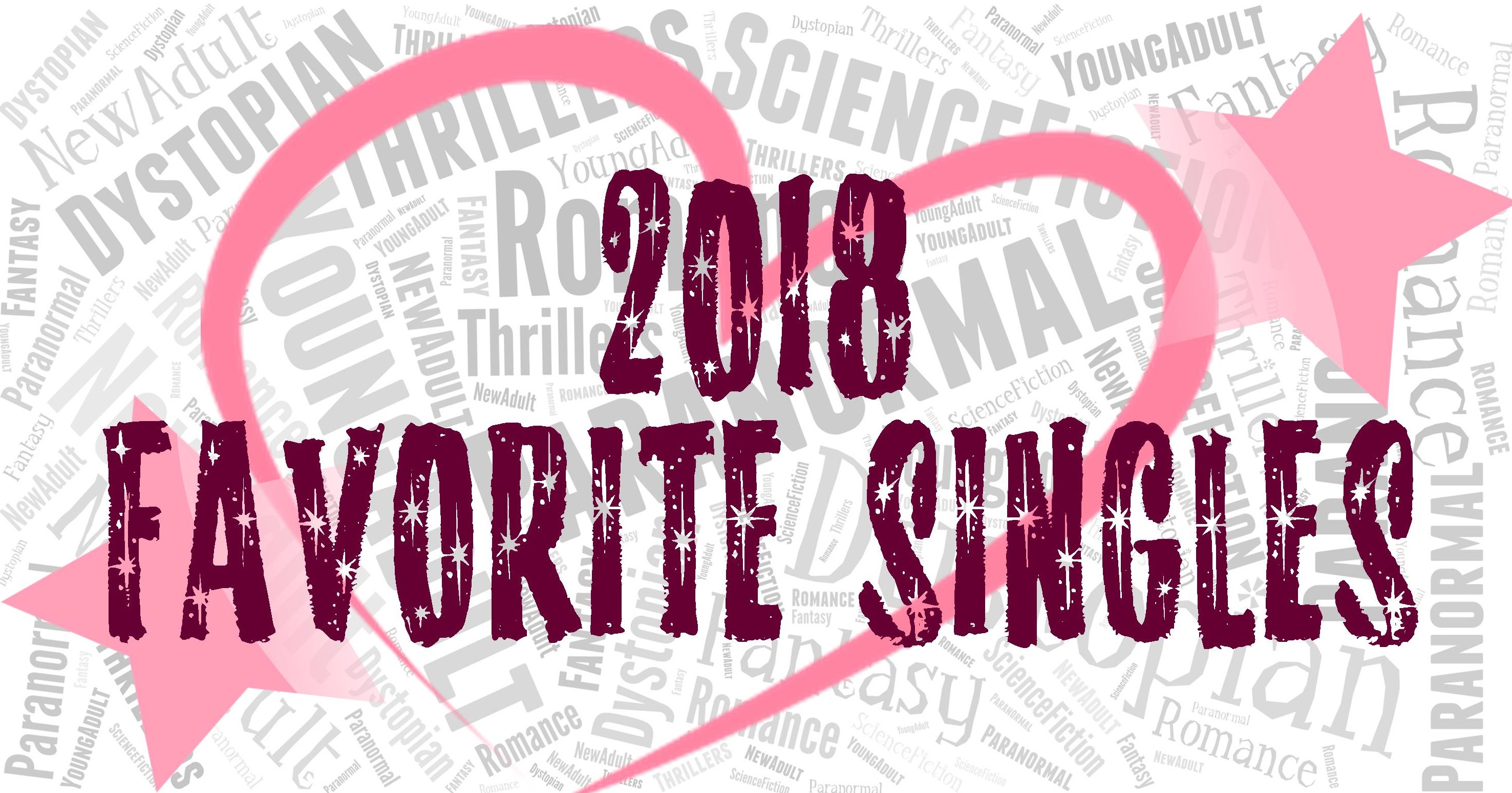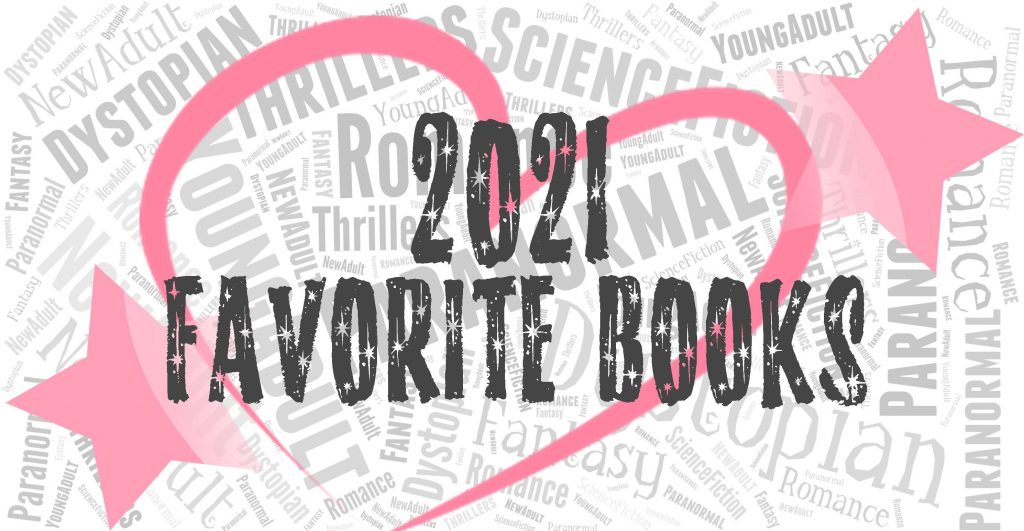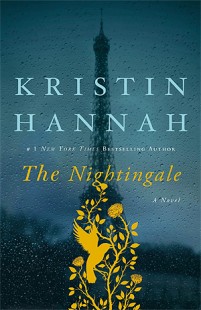 The Nightingale by Kristin Hannah
The Nightingale by Kristin Hannah Purchase on: Amazon
Add to: Goodreads
Synopsis:
In love we find out who we want to be.
In war we find out who we are.FRANCE, 1939
In the quiet village of Carriveau, Vianne Mauriac says goodbye to her husband, Antoine, as he heads for the Front. She doesn’t believe that the Nazis will invade France...but invade they do, in droves of marching soldiers, in caravans of trucks and tanks, in planes that fill the skies and drop bombs upon the innocent. When France is overrun, Vianne is forced to take an enemy into her house, and suddenly her every move is watched; her life and her child’s life is at constant risk. Without food or money or hope, as danger escalates around her, she must make one terrible choice after another.
Vianne’s sister, Isabelle, is a rebellious eighteen-year-old girl, searching for purpose with all the reckless passion of youth. While thousands of Parisians march into the unknown terrors of war, she meets the compelling and mysterious Gäetan, a partisan who believes the French can fight the Nazis from within France, and she falls in love as only the young can...completely. When he betrays her, Isabelle races headlong into danger and joins the Resistance, never looking back or giving a thought to the real--and deadly--consequences.
With courage, grace and powerful insight, bestselling author Kristin Hannah takes her talented pen to the epic panorama of WWII and illuminates an intimate part of history seldom seen: the women’s war. The Nightingale tells the stories of two sisters, separated by years and experience, by ideals, passion and circumstance, each embarking on her own dangerous path toward survival, love, and freedom in German-occupied, war-torn France--a heartbreakingly beautiful novel that celebrates the resilience of the human spirit and the durability of women. It is a novel for everyone, a novel for a lifetime.

Oh, the IRONY. You might have never heard of it, but in 1981 French author Régine Deforges released a book called La bicyclette bleue, 1939-1942 (part of a trilogy), which related the story of two sisters** during WWII in France. Léa, the outspoken, rebel and reckless one, who joins the Resistance after fleeing from the invasion of Paris and Françoise, the older, who has to live under the same roof of a SS during the Occupation. RING A BELL?
This novel, many times bestseller in France, borrowed A LOT from Gone with the Wind, which led to many trials (that Régine Deforges won, in the end, saying that it was all part of “a game” with her editor – Where have I heard that before? Hmm).
Anyway. It seems oh so ironic to me to find so many similarities between The Nightingale and La bicyclette bleue, 1939-1942, because, you know, I’m resilient, but reading the same story is starting to get old.
Of course, of course, I exaggerate, and I’m not saying that Kristin Hannah plagiarized Régine Deforges‘s novel. As for Gone with the Wind‘s parts, there’s none here as far as I’m concerned. No. Both authors of these WWII novels must have used the same inspirations is all – especially real testimonies, surely.
Yet it throws me off, even if I didn’t even like La bicyclette bleue, 1939-1942 – I’m not a fan, but I can’t forget the plot either, and Kristin Hannah‘s characters don’t strike me as interesting enough to follow the same storyline again. I know, I’m talking about WWII settings and I should love and suffer and FEEL for these characters but … I just don’t. They seem very flat and unrealistic to me? Sorry?
Oh, and you know what else throws me off? The shameless lack of any researches about the world. Anachronisms everywhere. Post-card France in one meal (I mean, the Baguette, the canelés, the ile flottante, Cognac (for reasons), the Lavander and Rosamery (which are Provencal plants but WHY THE FUCK NOT). Vianne & Antoine luxurious – YES, those meals and houses are VERY luxurious for that period of time – lifestyle that their jobs cannot explain. Antoine is a postman, alright? In 1939 his salary should be around 600 francs per year. As for Vianne, as a teacher, she could pretend to 900 francs, tops. How in the WORLD can they have 65,000 francs in the bank?! Tell me, really, I need to know how to multiply my funds like that (if that’s explained later in the book, I apologize).
Perhaps it sounds like details to you, and perhaps they are. But when I read an Historical novel, more than Historical facts I need for the book to carry me away in another time. I need to BELIEVE in it. I sure don’t want to read about some cliché, too modern world lacking any savor, picturing my country in such a stereotypical way. So fake, really. Not to mention that I found the writing repetitive and too dramatic, the dialogue awkward and way too much telling rather than showing.
The Nightingale tackles such an essential issue – indeed I believe that the portrayal of women’s role in WWII is VERY important, and I understand why it would appeal to many readers. Yet I can’t see myself finishing it, because really, the similarities and clichés are killing me.
Wasted potential, sadly. They do have the curse words right, though. Merde.
PS. This is a detail, but I do not know one Parisian who would INSTANTLY say something along the lines as, “oh, the bomb must have fallen into the 2nd Arrondissement”. Nope. Streets, districts names like la Bastille or Les Halles, alright, but randomly quoting an arrondissement when YOU’RE NOT EVEN PARISIAN? Pl-ease. Unbelievable – like the whole thing, apparently.
The Nightingale is FULL of inaccuracies like this one, and I expected more from the winner of the 2015 Goodreads Choice Award in HISTORICAL fiction. Ugh.
** Three, actually – thanks Anne for reminding me 😀
